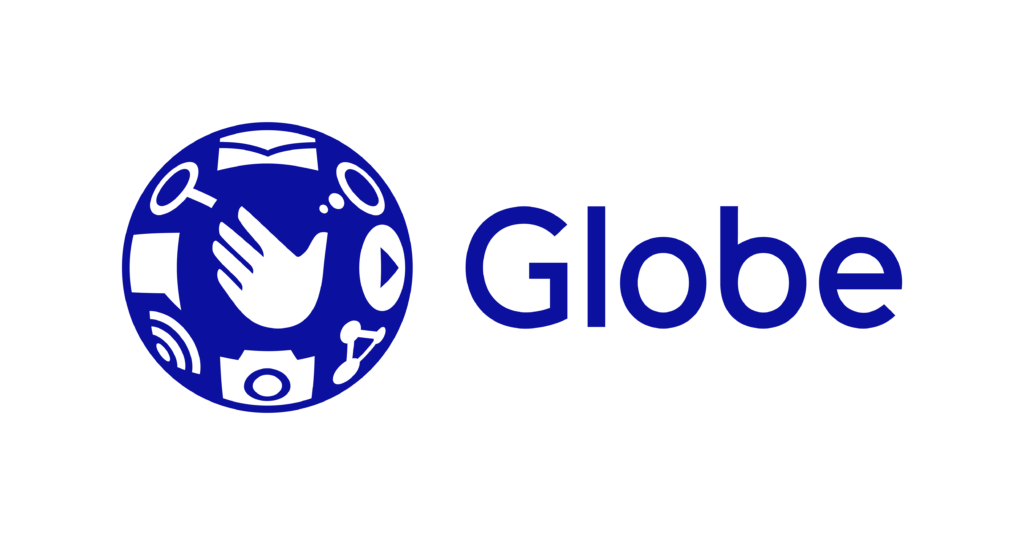Unlocking data and AI solutions for social impact
Data Insights for Social & Humanitarian Action, also known as DISHA, is a multi-partner initiative led by UN Global Pulse, the Secretary-General’s Innovation Lab, that aims to accelerate ethical and responsible access to data and artificial intelligence (AI) solutions to unlock social impact at scale.
By facilitating the availability of reusable data through reliable models, standardised approaches and frameworks, DISHA enables the creation and expansion of actionable insights. These insights are designed to support more effective and inclusive efforts in humanitarian work, peacebuilding and development.

How DISHA works

Leveraging AI and sharing data for humanitarian and social use today is complex and resource-intensive.
By fostering multi-sector partnerships, DISHA ensures humanitarian organizations have access to essential data and AI models, enhancing their ability to respond swiftly and efficiently to disasters.
Learn more about the vision behind DISHA.
Products
DISHA’s portfolio currently includes two solutions that leverage AI and dynamic data for natural disaster response.
Damage AssessmentThe Damage Assessment solution uses AI models to help identify damaged buildings from high-resolution satellite imagery following a natural disaster. Learn more. |
Socio-economic MappingThe Socio-Economic Mapping solution uses mobile phone data to estimate poverty levels and population movement by region. |
Responsible AI and Data Management
As a UN-led initiative, DISHA adheres fully to UN Principles for the Ethical Use of Artificial Intelligence and IASC Operational Guidance on Data Responsibility in Humanitarian Action. In particular, in our approach to responsible AI and data governance we commit to:
- Providing trustworthy AI solutions by developing robust, fair, explainable and privacy-preserving AI implementations. We are devoted to maintaining strong relationships with user organizations, partners, data providers as well as governments and UN stakeholders throughout the product life cycle to ensure ethical and human rights risks, including privacy risks, are comprehensively identified and addressed.
- Ensuring reliable data practices that enable ethically sound approaches throughout the development and implementation of our activities. DISHA’s products are based on thoroughly documented user needs and circumstances and are developed according to clearly specified user requirements. We assure data privacy and authorized access to insights.
We commit to fully disclosing the limitations of our products and making sure those limitations are well understood by our current and prospective users.

Our Partners
Led by UN Global Pulse, DISHA brings together a coalition of partners including Google.org, the Jain Family Institute, McKinsey & Company, the Patrick J. McGovern Foundation, the United Nations Development Programme (UNDP), the United Nations Satellite Centre (UNOSAT) and the World Food Programme (WFP).

Join Us
If you’re interested in partnering with us or learning more about DISHA, you can contact us at disha@unglobalpulse.org




 Jerome Hodges, Chief Research Officer, Jain Family Institute
Jerome Hodges, Chief Research Officer, Jain Family Institute Arden Ali, Project Lead: Digital Ethics and Governance, Jain Family Institute
Arden Ali, Project Lead: Digital Ethics and Governance, Jain Family Institute Kersten Jauer, Deputy Director, UN Secretary-General’s Office
Kersten Jauer, Deputy Director, UN Secretary-General’s Office Gayan Peiris, Head of Data and Technology, Chief Digital Office, UNDP
Gayan Peiris, Head of Data and Technology, Chief Digital Office, UNDP Ankit Bisht, Partner, McKinsey & Company
Ankit Bisht, Partner, McKinsey & Company Brigitte Hoyer Gosselink,
Brigitte Hoyer Gosselink,  Vilas Dhar,
Vilas Dhar,